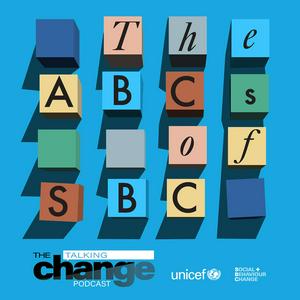For generations, harmful practices such as female genital mutilation and child marriage have been justified as traditions of identity and belonging, and have, at times, been linked to misinterpretations of religious text – even as they cause life long harm. Today, faith leaders across Africa and the Middle East are reshaping these beliefs from within their own communities, using their moral authority and influence to redefine these traditions and protect the next generation.In this episode, Qali Id speaks with faith leaders and UNICEF specialists from Uganda, The Gambia, and Iraq to explore how faith engagement is helping end harmful practices, in particular FGM. From sermons that reinterpret religious teachings, to interfaith alliances confronting resistance, to tea-circle conversations that replace top-down campaigns, this discussion reveals how transformation takes root when it begins within communities themselves.You’ll hear from:Sheikh Abdallah Sabila, Imam and advocate from UgandaDr. Nassim Majidi, Director and Co-founder of Samuel Hall, KenyaMomat Jallow, SBC Specialist at UNICEF The GambiaHadeer Albo Heae, SBC Manager at UNICEF IraqResources:Please email
[email protected] to be the first to read the new UNICEF Faith Engagement guide on Harmful Practices, developed in collaboration with Religious for Peace and Samuel Hall, when it is released later this month. We'll add the link here when it's released too.Do you want to learn more on how does Social and Behaviour Change supports interventions in Child Protection? Tune in to our ABCs of SBC podcast’s episode on SBC in Social Norms and Harmful Practices, SBC in Preventing Violence Against Girls, Boys and Women, and SBC in Online Child Protection.The views and opinions expressed by the contributors are their own and do not necessarily reflect the views or positions of UNICEF or any entities they represent. The content here is for information purposes only.The ABCs of SBC is hosted by Qali Id and produced and developed by Helena Ballester Bon in partnership with Common Thread. Check out UNICEF’s latest publication on Social and Behaviour Change, Why don’t you just behave! For more information about UNICEF SBC, check out the programme guidance.We care about what you think — you can share your thoughts on the podcast using this feedback form. For all other inquiries, please contact
[email protected].


